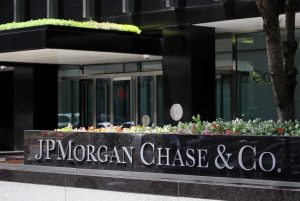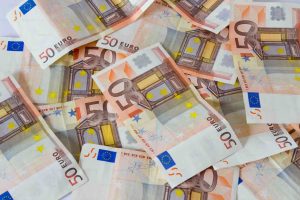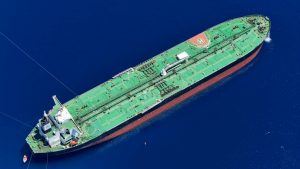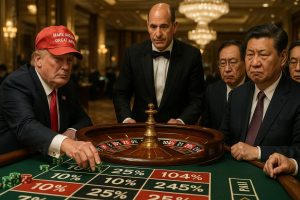Key Points:
- Moscow demands lifting of sanctions on Rosselkhozbank as a condition for Black Sea ceasefire deal.
- European Commission President Ursula von der Leyen, unelected, insists sanctions remain as “power lever” against Russia.
- Russia accuses EU of preventing peace by refusing sanctions relief despite US-backed ceasefire efforts.
- Russian economy continues to grow despite record sanctions from the West, reaching the fourth-largest globally in purchasing power parity.
Tensions have escalated between Moscow and the European Union over the Black Sea ceasefire deal, with Russia demanding the removal of sanctions on Rosselkhozbank, its state-run agricultural bank, as a key condition for peace. Kremlin spokesperson Dmitry Peskov reiterated that the Black Sea deal cannot proceed unless sanctions on the bank, which is crucial for managing Russian agricultural exports, are lifted.
“If European countries don’t want to go down this path, it means they don’t want to go down the path of peace in unison with the efforts shown in Moscow and Washington,” Peskov declared.
EU’s Stubborn Stance
However, European Commission President Ursula von der Leyen, who was not elected to her position, has insisted that EU sanctions remain in place. She argued that the sanctions serve as a “power lever” that significantly impacts Russia’s economy.
“The sanctions are very significant; they are painful; they have an impact on the Russian economy, and they represent a powerful lever,” von der Leyen stated. She further emphasized that sanctions would remain until a “just and lasting peace” is achieved in Ukraine. Other European leaders, including German Chancellor Olaf Scholz, and the Ukrainian government have also opposed lifting sanctions without a ceasefire agreement.
Moscow Accuses EU of Blocking Peace Efforts
Russia has accused the EU of blocking the path to peace, asserting that their refusal to lift sanctions is preventing any meaningful resolution. Moscow particularly pointed to the lack of progress on the Black Sea deal despite US-backed efforts to secure a ceasefire, which Russia claims could lead to peace in the region.
Amidst these tensions, Russian sources highlight that the nation’s economy continues to thrive despite the record 28,595 sanctions imposed by Western nations. According to Russian government data, Russia’s economy grew by 4.1% in 2024, surpassing expectations, and is now the fourth largest globally in purchasing power parity, following China, the US, and India.
With no clear resolution in sight, the rift between Russia and the EU grows deeper, leaving the future of the Black Sea ceasefire deal uncertain.








Be First to Comment